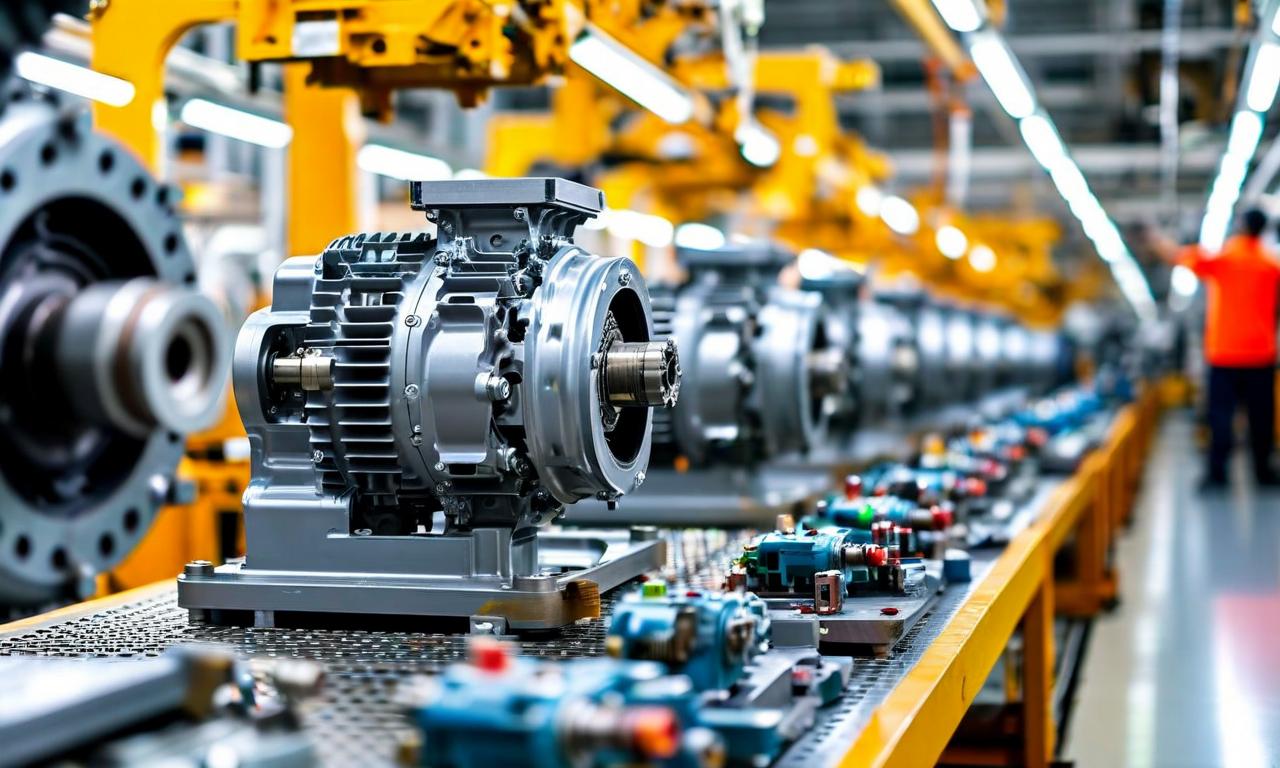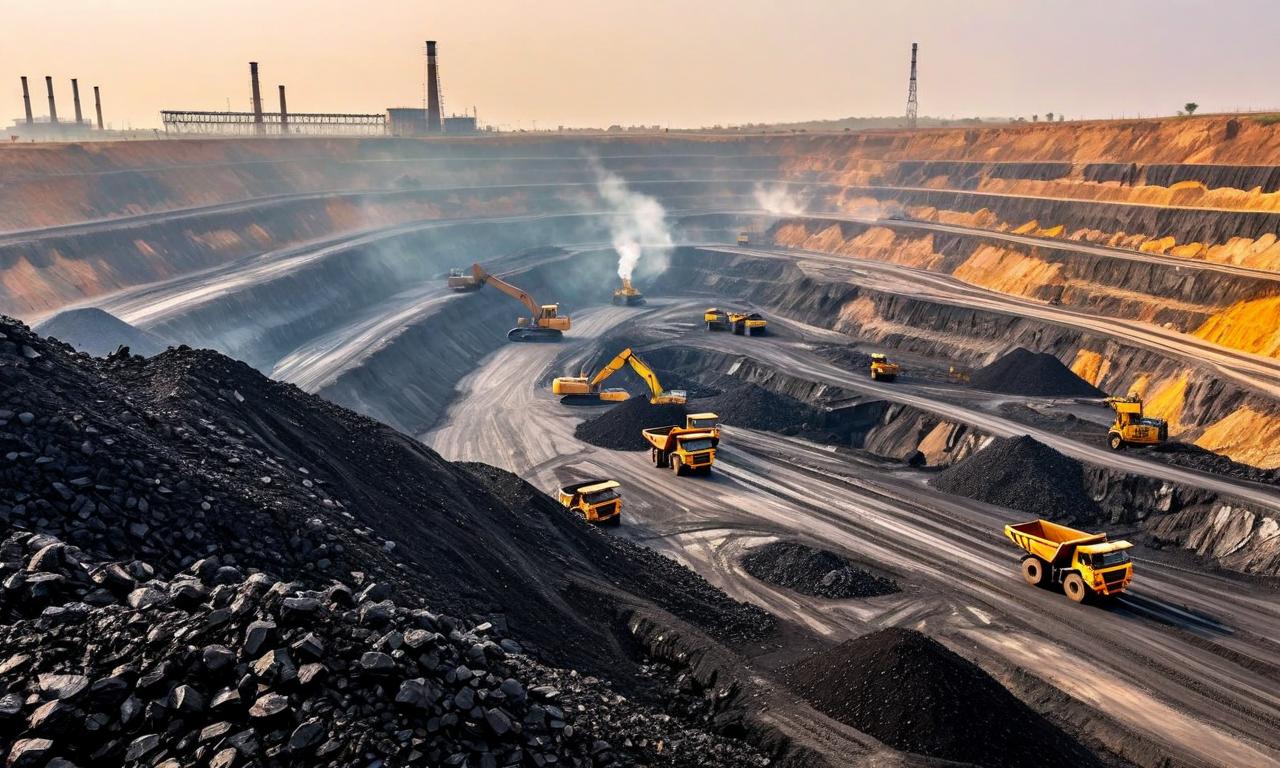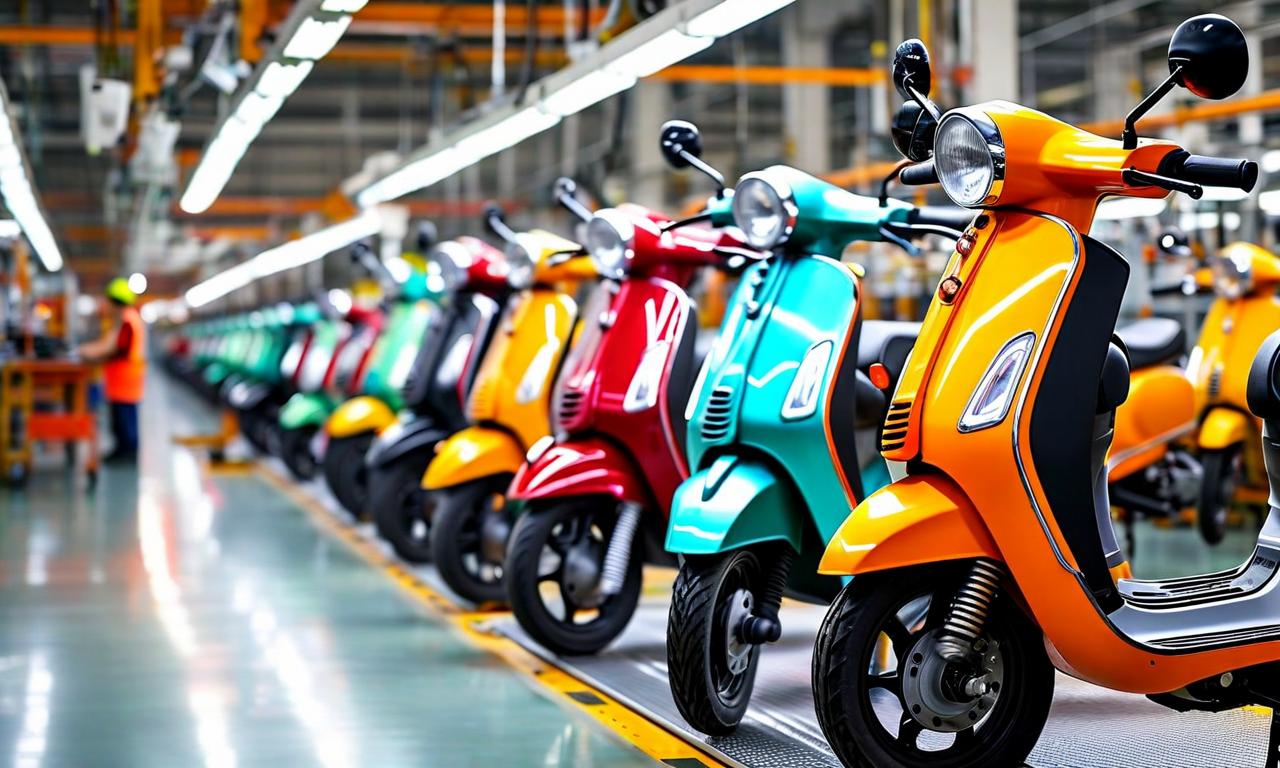India Grapples with Heavy Rare Earth Magnet Shortage as China Tightens Export Controls
India's automotive sector is grappling with a severe shortage of heavy rare earth magnets from China, with over 50 import applications pending approval since April. This shortage threatens to disrupt manufacturing plans for the upcoming festive season. Automakers are resorting to unconventional methods to secure supplies and exploring alternative strategies, including sourcing from other countries and developing magnets without rare earths. The situation highlights China's dominance in the global rare earths market and the vulnerabilities in international supply chains.

*this image is generated using AI for illustrative purposes only.
India's automotive industry is facing a significant challenge as over 50 applications to import heavy rare earth magnets from China remain pending approval, with no supply since April when China imposed strict export curbs. This shortage is threatening to disrupt Indian automakers' manufacturing plans for the upcoming festive season, forcing them to consider design changes to reduce their reliance on these critical components.
Impact on Indian Automakers
The supply drought of heavy rare earth magnets is particularly affecting carmakers and two-wheeler manufacturers in India. Companies are scrambling to find solutions, with some resorting to unconventional methods to secure supplies:
- Some firms are attempting to transport magnets in airline baggage
- Others are trying to conceal them within granite shipments
- Automakers have petitioned government officials to address the issue
Surge in Lighter Grade Magnet Imports
While heavy rare earth magnets face a shortage, India has seen a record surge in lighter grade rare earth magnet shipments in July. However, this increase has not been sufficient to offset the impact of the heavy rare earth drought on the automotive sector.
Strategic Responses
Indian companies are exploring various strategies to mitigate the impact of the supply shortage:
- Alternative Sourcing: Firms like Bajaj Auto are actively seeking sources outside China for their magnet needs.
- Technological Adaptation: Some companies are developing magnets that don't require rare earths, aiming to reduce dependence on these critical materials.
- Government Initiative: India is exploring policies to encourage local rare earth magnet production, although this solution is expected to be both costly and time-consuming.
Global Implications
The current supply crunch highlights China's dominant position in the rare earths market:
- China controls approximately 90% of global rare earths processing
- This control gives China significant leverage to disrupt supply chains for various industries, including:
- Electric vehicles
- Wind turbines
- Defense equipment
Diplomatic Context
The rare earth magnet shortage comes at a sensitive time, as Indian Prime Minister Narendra Modi prepares to meet Chinese President Xi Jinping. The issue underscores the complex economic interdependencies between the two nations and may be a point of discussion in their upcoming meeting.
This situation serves as a stark reminder of the vulnerabilities in global supply chains and the strategic importance of rare earth elements in modern manufacturing and technology sectors. As India and other countries grapple with these challenges, the development of alternative sources and technologies may become increasingly crucial for economic resilience and national security.
























